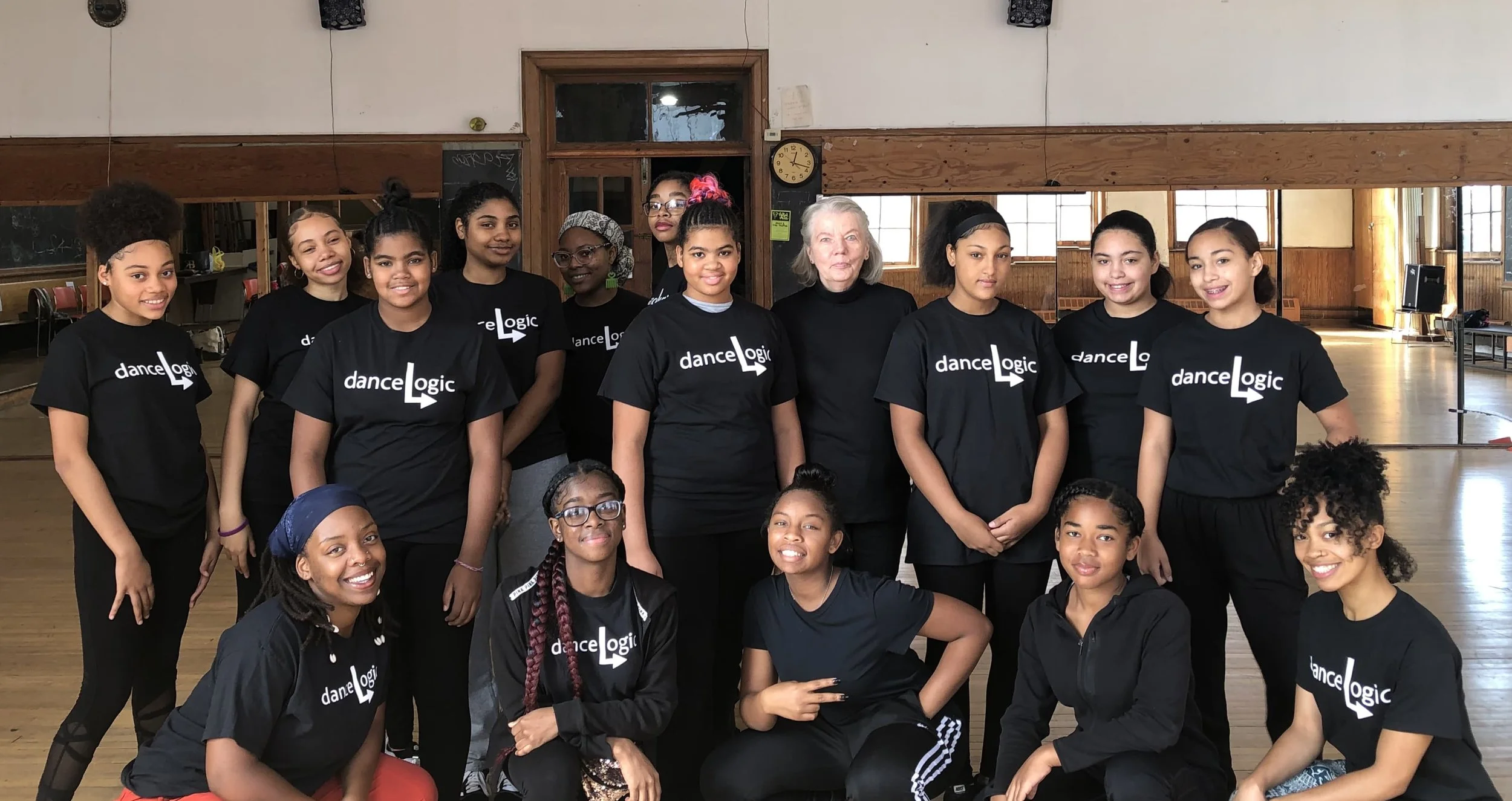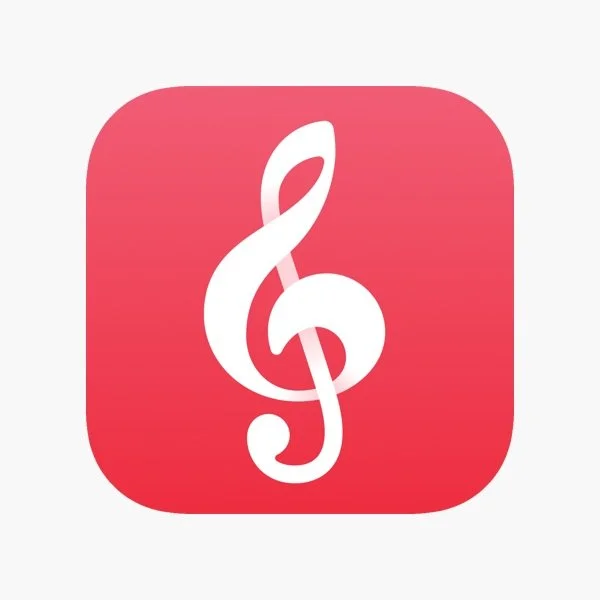arts and entertainment are ever-changing
The arts and entertainment industries have the power to drive major societal changes. Technology’s influence adds another layer to the industry’s ever-changing nature, as it continues to transform rapidly. These changes don’t have to be detrimental. The interplay of art and technology allows for new visions to be imagined, new heights to be reached, and stories to be told and retold in more unique, more innovative ways. This month, we’re highlighting some of the ways in which technology and art interweave to redefine the very definition of creativity.
philadelphia STEAM program combines dance and coding
Image source: West Park Cultural Center
As STEAM education initiatives continue to surface across the United States, one combines dance and coding in an especially unique way.
The Philadelphia-based program danceLogic, housed by the West Park Cultural Center, teaches young girls coding through dance. This program focuses on STEAM-based education to garner greater interest in STEM subjects by engaging students in the arts.
A recent article in Dance Magazine highlights this initiative, which launched in 2018 and has seen much success since then. Co-founder Franklyn Athias speaks to the intersection of the two disciplines, explaining that dance requires students to “try, fail and try again,” and that “coding is the same thing,” requiring repetition to learn and become good at it. DanceLogic serves as a heartening example of a STEAM initiative that is actively working to increase digital literacy in young girls and women.
Apple releases classical streaming app
Image source: Apple
On March 28, Apple released the Apple Music Classical app, available through an Apple Music subscription. The company boasts that it features the world’s largest classical music catalog, specialized search built-in for classical music, and the highest quality audio. Although it has not announced how it would pay royalties to artists, Apple could utilize a per-play model, which pays out royalties based on the amount of time songs were played for rather than the number of times it was played in full. Its 2021 acquisition of a classical music service called Primephonic is said to impact the features it will offer through this app.
AI Overshadows NFTs at SXSW
Image source: Forbes
South by Southwest, The Texas-based music and film festival wrapped up in mid-March and featured far fewer NFT-focused panels than last year. This time around, SXSW panels were far more concerned with AI’s potential impacts on the music and film industries. Contrary to NFTs, the general consensus on AI is that it is much more likely to stick around. This makes it that much more crucial that policies and regulations on AI be paid close attention to. The US Copyright Office recently issued a directive on AI music copyrights, stating that “music completely created by AI modelers like Google’s text-to-music generator MusicLM can not be copyrighted.” With AI’s current controversies in the visual arts field, time will tell if music and film will enter a similar legal battle with AI companies attempting to break out their technologies to the public.
Video Game revitalization strives to reach audiences, Old and New
Image source: GamesRadar+
The HBO series The Last of Us, based on the 2013 post-apocalyptic video game has seen extreme success with over 8 million viewers. The first season concluded on March 12, and the second season is said to already be underway. While video game remakes have historically been undistinguished, The Last of Us TV adaptation featuring Pedro Pascal and Bella Ramsey takes the original game’s storytelling element to another level and has proven that game adaptations have widespread appeal. As technology changes the ways video games are created, Hollywood may be presented with ample opportunities for new ways in which to tell these immersive stories. Likewise, as video game developers borrow technology from TV and film, the gameplay is taken to new heights.
-
“Apple Music Classical.” Apple Store. Accessed April 7, 2023. https://apps.apple.com/us/app/apple-music-classical/id1598433714.
Bedingfield, Will. “The Last Of Us Does What No Show Has Done Before.” Wired. January 12, 2023. https://www.wired.com/story/last-of-us-does-the-impossible-hbo/.
Cunningham, Andrew. “Apple Music Classical will give your smartphone some culture on March 28.” Ars Technica. March 9, 2023. https://arstechnica.com/gadgets/2023/03/apple-will-launch-a-new-app-exclusively-for-classical-music-later-this-month/.
Denton, Bryant. “'The Last of Us' game actors and creator discuss the show's success.” NPR. March 16, 2023. https://www.npr.org/2023/03/16/1163826344/the-last-of-us-game-actors-and-creator-discuss-the-shows-success.
Dorbian, Iris. “How DanceLogic in Philadelphia Blends Dance and Coding to Introduce Girls to STEAM Careers.” Dance Magazine. March 7, 2023. https://www.dancemagazine.com/dancelogic-pairs-dance-and-steam/?mc_cid=12c97a202c&mc_eid=3a8a524555#new_tab.
Hochberg, Bill. “At SXSW, It Was Goodbye NFTs And Hello AI Music.” Forbes. March 18, 2023. https://www.forbes.com/sites/williamhochberg/2023/03/18/at-sxsw-it-was-goodbye-nfts-and-hello-ai-music/?sh=1aee338a54c6.
Small, Zachary. “Scare Me Once? Great Game. Scare Me Twice? Great Remake.” The New York Times. March 23, 2023. Updated March 27, 2023. https://www.nytimes.com/2023/03/23/arts/resident-evil-4-dead-space-remake.html?mc_cid=eaa332b149&mc_eid=3a8a524555.
Langmann, Brady and Josh Rosenberg. “The Last of Us Season 2: Everything We Know.” Esquire. March 31, 2023. https://www.esquire.com/entertainment/tv/a42689700/the-last-of-us-hbo-season-2/.





